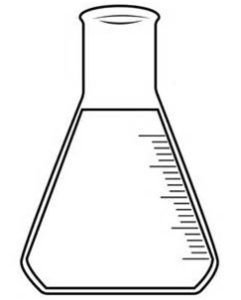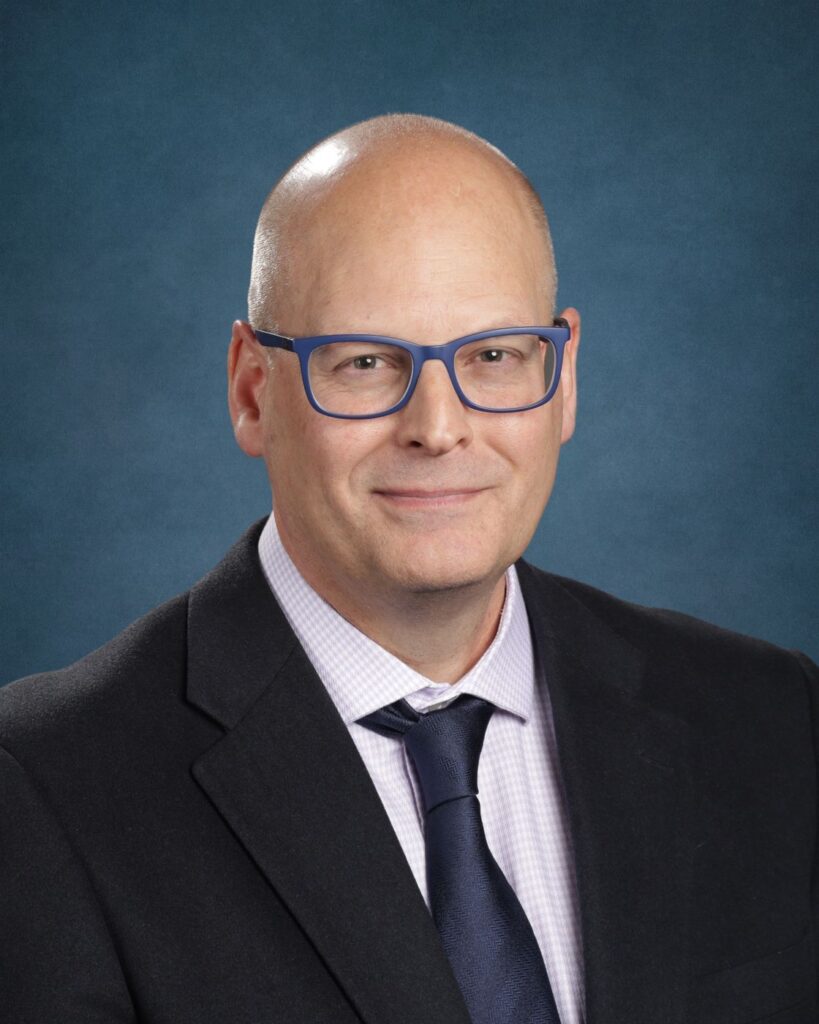Does a classical education prepare students in math and science? Why does Beowulf matter in the age of tech? Are Providence students well-equipped for college? These are some of the questions we have been asked.
It takes little convincing that the liberal arts cultivate the mind in areas of literature, language, history, writing, and theology, yet some question whether or not a classical education prepares students in the areas of STEM (Science, Technology, Engineering, and Math). When Providence uses the term “liberal arts,” we include not only the classical references to grammar, logic and rhetoric, but also math and science. The Providence curriculum includes classes in algebra, geometry, trigonometry, calculus, biology, chemistry, and physics.
Given this, how do our graduates stack up against their peers, some of whom have attended schools with specialized STEM programs? Does a vocational track in high school better prepare students for success in math and science? Here are a few interesting data points:
- Of the eleven Providence graduating classes, 25% of the students have chosen STEM related majors in college.
- Even though we have graduated fewer than 100 students over the last eleven years, Providence graduates have chosen majors in nursing, engineering, computer science, math and biology.
- Many Providence graduates have majored in non-STEM fields such as classics or business but have chosen careers in STEM-related areas such as computer science.
We should ke ep in mind that the intent of a liberal arts education is not to educate students for a specific trade or vocation, but rather to teach a well-rounded curriculum that includes math, literature, rhetoric, science, history, theology, music, Latin, and the arts. Such an education is designed to train students how to think, preparing them for whatever area God calls them to pursue.
ep in mind that the intent of a liberal arts education is not to educate students for a specific trade or vocation, but rather to teach a well-rounded curriculum that includes math, literature, rhetoric, science, history, theology, music, Latin, and the arts. Such an education is designed to train students how to think, preparing them for whatever area God calls them to pursue.
One more statistic will be helpful. When considering the National Merit guidelines, graduates of Providence compare with students at the top academic school in the state. Nationally, only 3% of all students who take the PSAT qualify at the minimum commended level, but at Providence, over 20% of our graduates have qualified under the National Merit guidelines. Last year, two of our twelve seniors-Dan Jekel and Wesley Su- were named National Merit Finalists.
While the academic numbers are encouraging, the central core of our mission remains to prepare students to think and act biblically. This is impossible to measure in numbers, but conversations, stories, and even the alumni updates confirm that our students are living lives of purpose and faithfulness as they seek to honor Christ in all they do.
